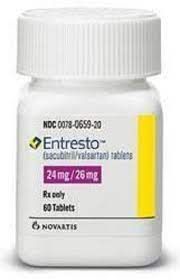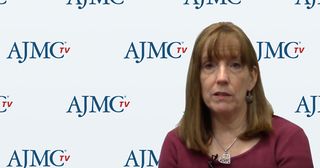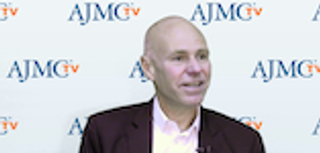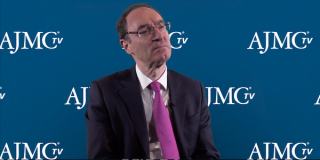
Heart Failure
Latest News

Latest Videos

CME Content
More News

The Lancet commission aimed to connect stakeholders, raise global awareness of these inequities and disparities, and encourage future research.

Treatment for heart failure with preserved ejection fraction (HFpEF) may soon resemble that for heart failure with reduced ejection fraction (HFrEF), noted Javed Butler, MD, MPH, MBA, of the University of Mississippi.

Sodium-glucose co-transporter 2 (SGLT2) inhibitors have been shown to both lower blood pressure and promote weight loss, and they act rather subtly, stated Rudolf de Boer, MD, PhD, clinical cardiologist and professor of translational cardiology, University Medical Center Groningen, the Netherlands.
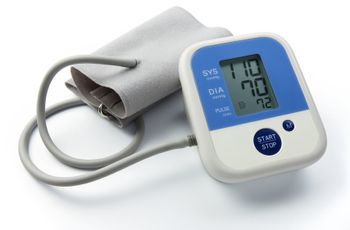
STEP findings build on those from the SPRINT trial, seemingly confirming that intensive treatment for hypertension can reduce the risk of serious adverse cardiovascular (CV) outcomes. However, there was no significant benefit toward risk for all-cause and CV-related mortality.

Although there is an established link between type 2 myocardial infarction (T2MI) and elevated rates of cardiovascular events, less is known about the connection between T2MI and heart failure—which this new study investigated.

Because cardiac fibrosis can develop under very diverse etiological circumstances, it is extremely heterogeneous.
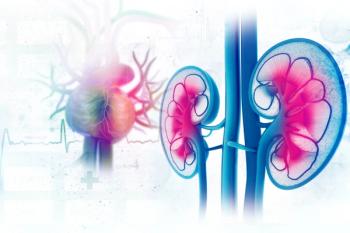
Comorbid cardiac dysfunction and intrarenal venous congestion were shown in this new study to have a negative correlation with survival outcomes among individuals with all levels of heart failure.

Event-free survival rates were higher in women compared with men for all-cause mortality and first heart failure hospitalization.

The authors called for screening women for diabetes during pregnancy.

Individuals with a history of Plasmodium falciparum protozoan parasitic infection had a significantly increased long-term risk of developing heart failure but not myocardial infarction or cardiovascular or all-cause death.

The pandemic has exacerbated not only cardiovascular care, but also the mental health of patients, noted Mariana Garcia, MD, cardiology fellow in the Academic Clinical Investigator Pathway at Emory University and member of T32, Multidisciplinary Research Training to Reduce Inequalities in Cardiovascular Health (METRIC).

The study found that more than a third of patients who were obese said they did not receive advice on physical activity or nutrition in order to lose weight, and nearly 1 in 5 said they were not even told they were overweight.

We do not yet know the exact mechanism of action of sodium glucose co-transporter-2 (SGLT2) inhibitors in heart failure (HF), but there are many exciting pssibilities, stated Clyde W. Yancy, MD, MSc, of Northwestern University’s Feinberg School of Medicine.

Patients should continue to be monitored while on treatment with SGLT2 inhibitors if they are being treated for comorbid type 2 diabetes and heart failure, emphasized Mikhail N. Kosiborod, MD, cardiologist, vice president of Research at Saint Luke's Health System.
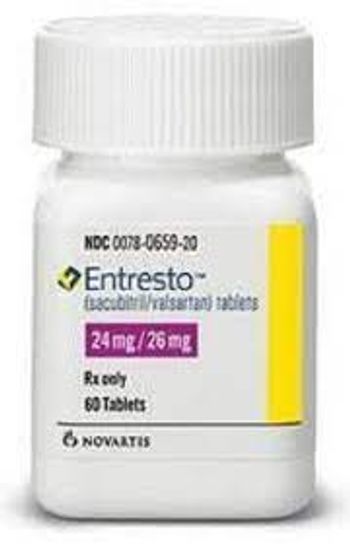
When the sympathetic nervous system is unregulated, it can lead to high blood pressure and elevated heart rate.

Research from ESC Heart Failure shows a slower standardized gait speed in older adults with heart failure.

A meta-analysis from ESC Heart Failure shows the effects of home telemonitoring in patients with decompensated heart failure.

Statin use benefited individuals with heart failure by lowering their cancer-related risks, both of developing any cancer at all and of dying from the comorbid condition.

Research that will be presented at Heart Failure 2021 shows patients with heart failure may have a greater incidence of several types of cancer and that this chance is even higher in women vs men.

Updates reflect the increased intersection among diabetes, cardiovascular, and kidney disease care among certain drug classes, especially sodium glucose co-transporter 2 (SGLT2) inhibitors.

When comparing atherosclerotic cardiovascular disease (ASCVD) with cancer, patients with both diseases appeared to have the greatest risk of experiencing financial toxicity.

The latest happenings in the heart failure space from across MJH Life Sciences™.

Out-of-pocket (OOP) spending for patients with heart failure with reduced ejection fraction rose in the event of a worsening heart failure event across the 4 phases of Medicare Part D coverage.

Patients with obstructive hypertrophic cardiomyopathy (HCM) use significant health care resources, and mavacamten can help to reduce their symptoms and improve their function, noted Jay Edelberg, MD, PhD, head of Heart Failure and Cardiomyopathy Development at Bristol Myers Squibb.

Progressive rehabilitation produced superior results among patients randomized to a 36-session program during or following hospitalization for acute decompensated heart failure vs those randomized to usual care.

